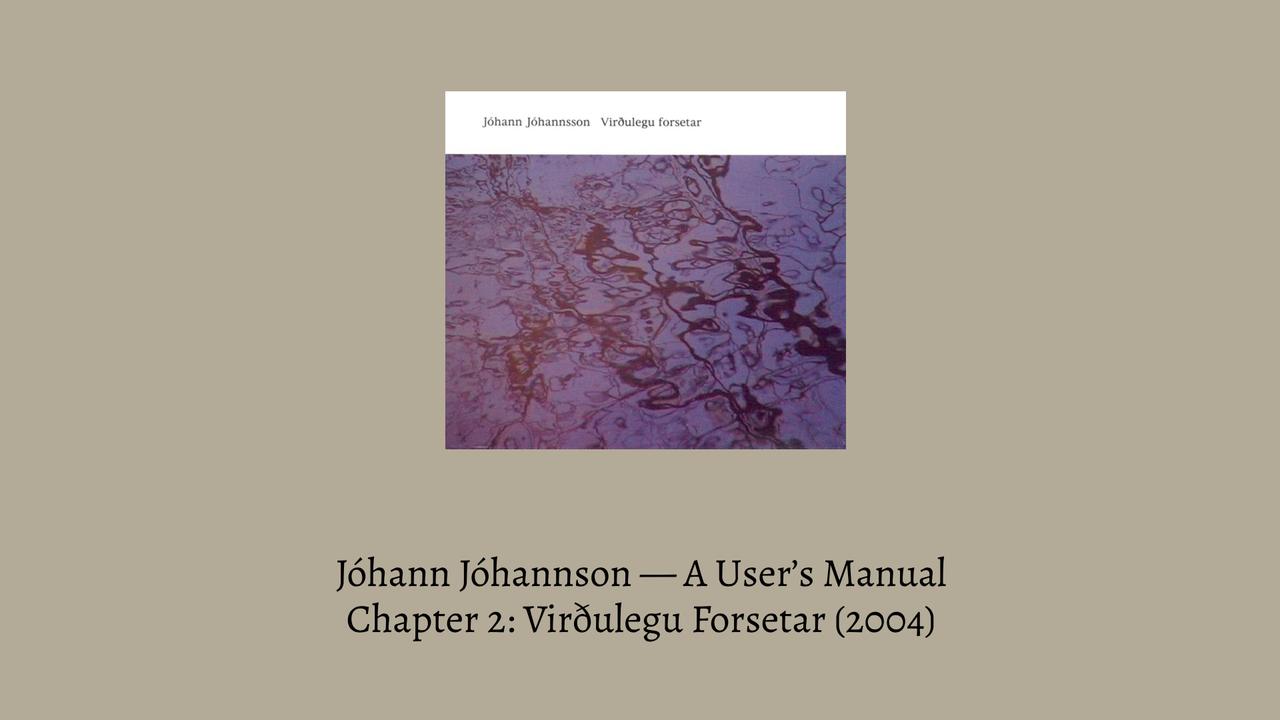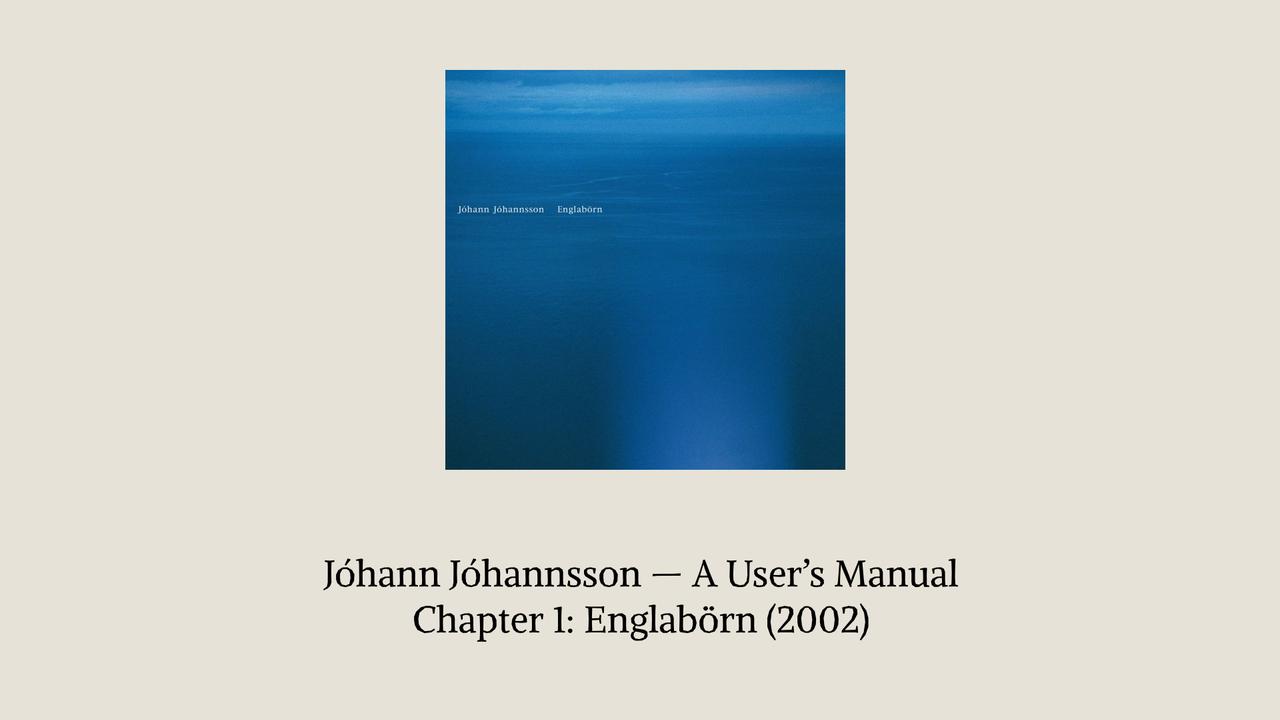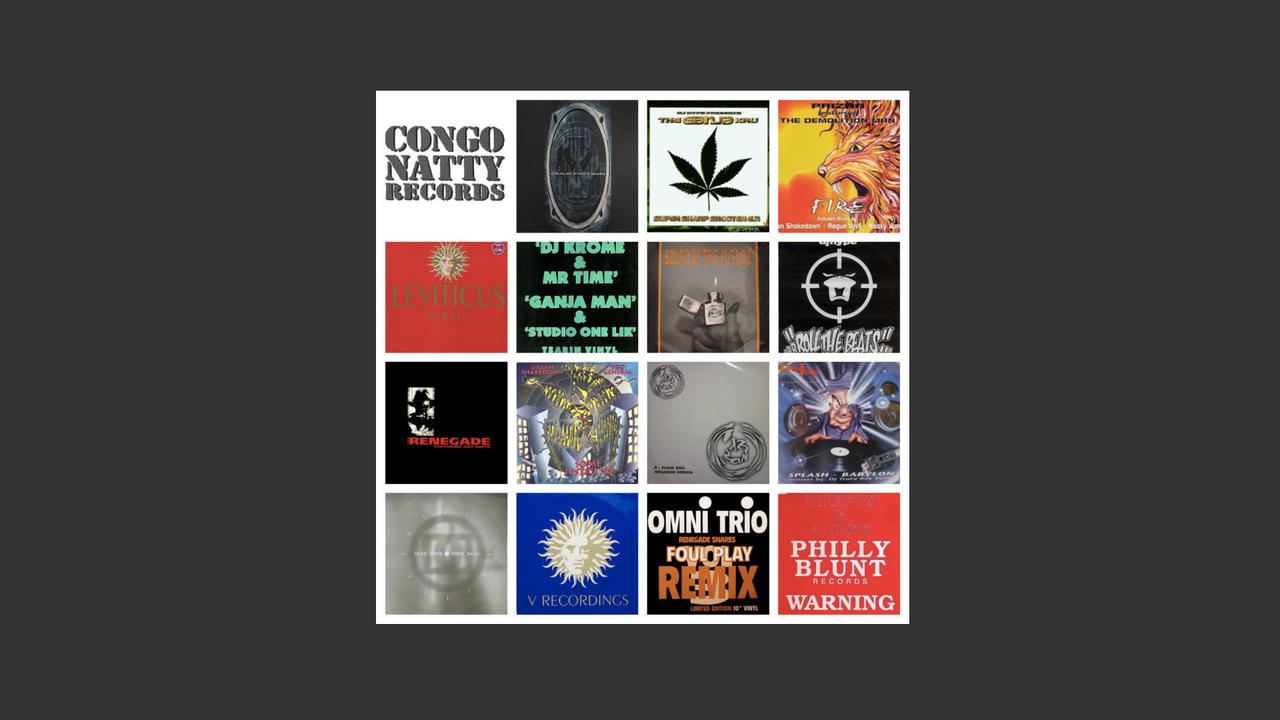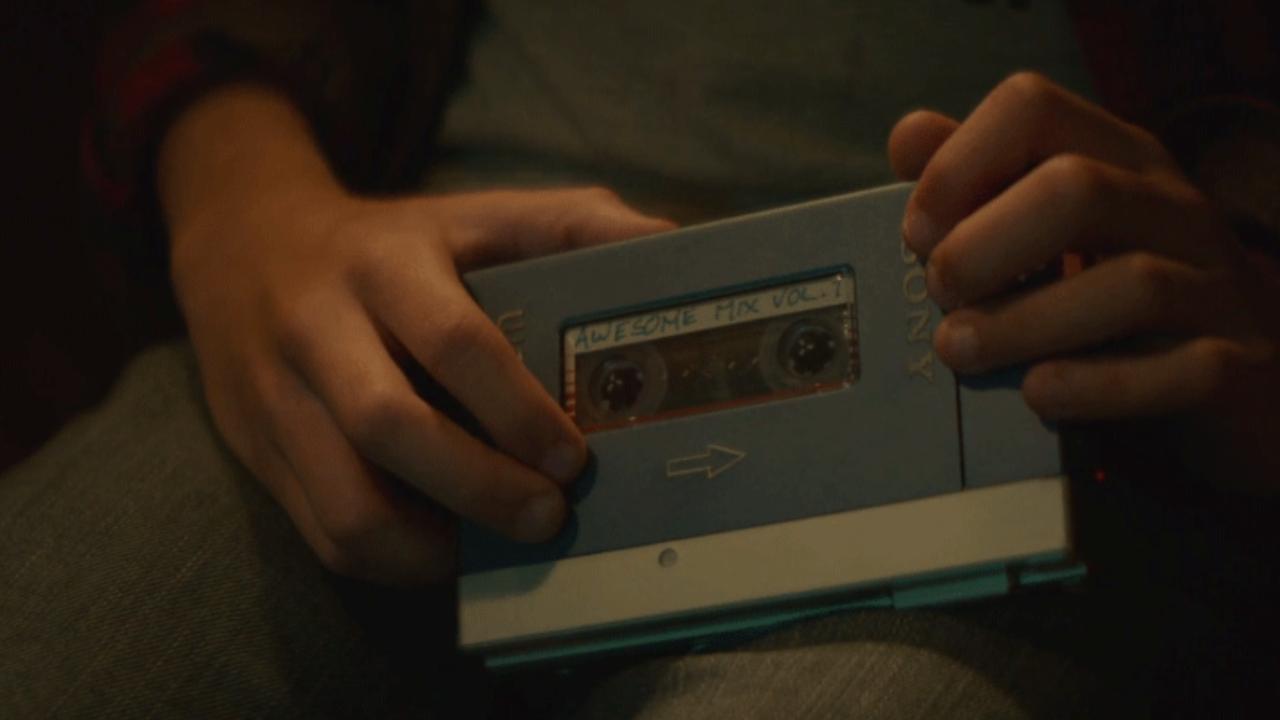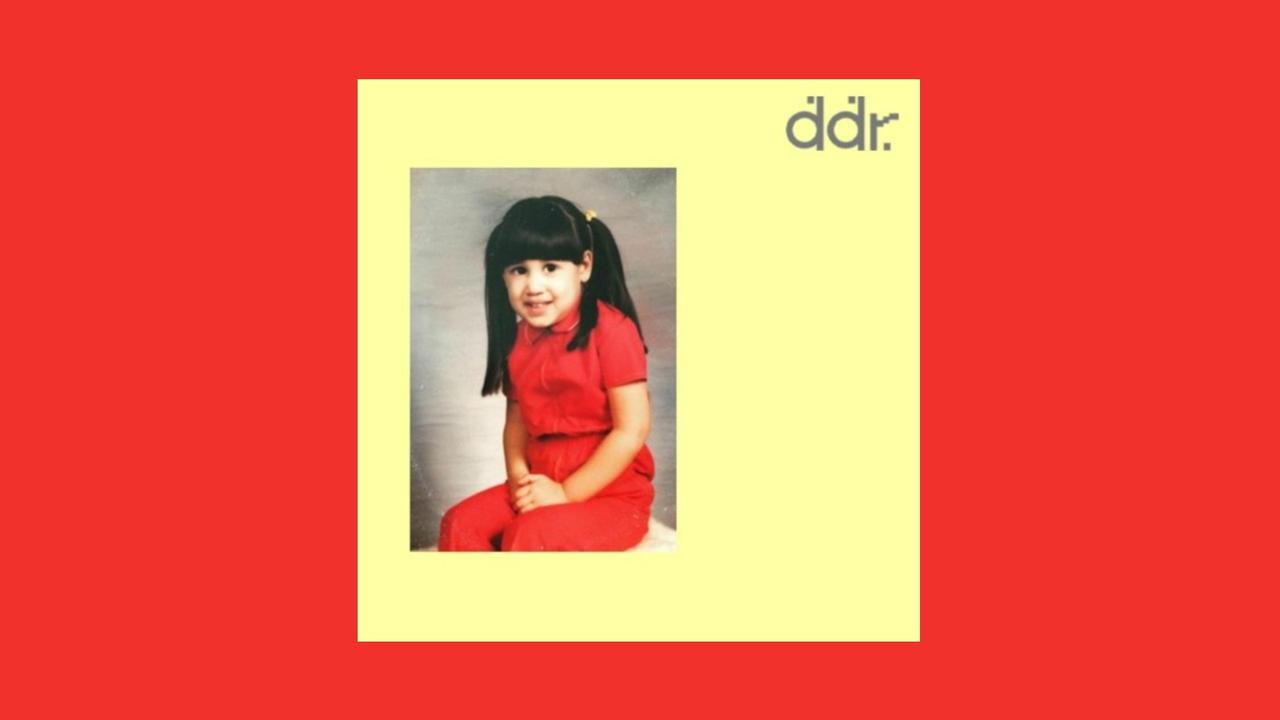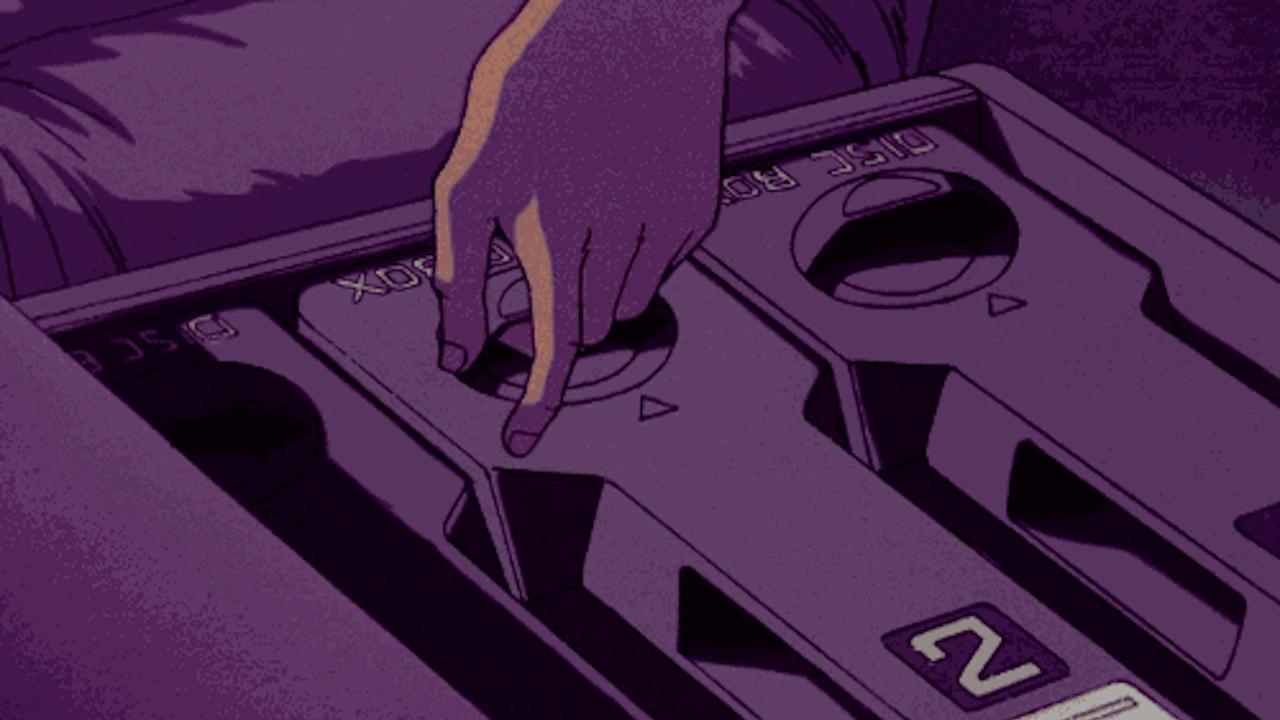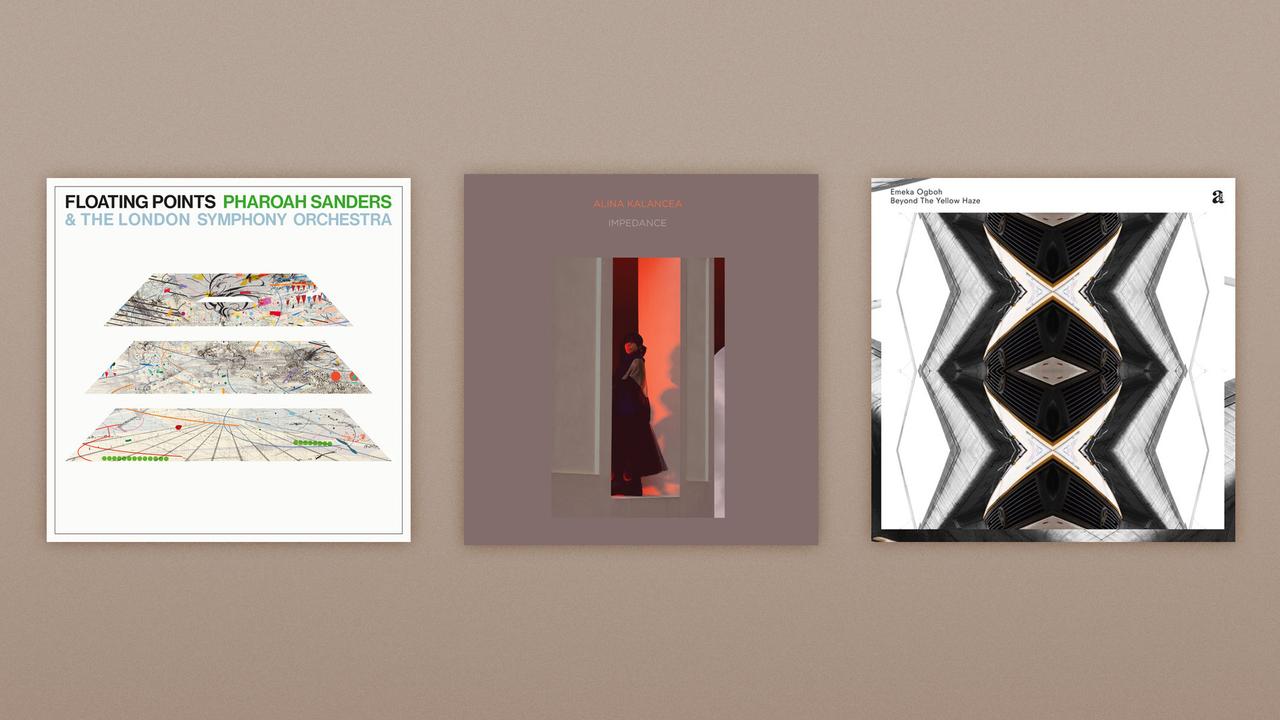Jóhann Jóhannsson – A User’s ManualChapter 3: Dís (2004) – English
12.4.2021 • Sounds – Conversation: Kristoffer Cornils, Thaddeus Herrmann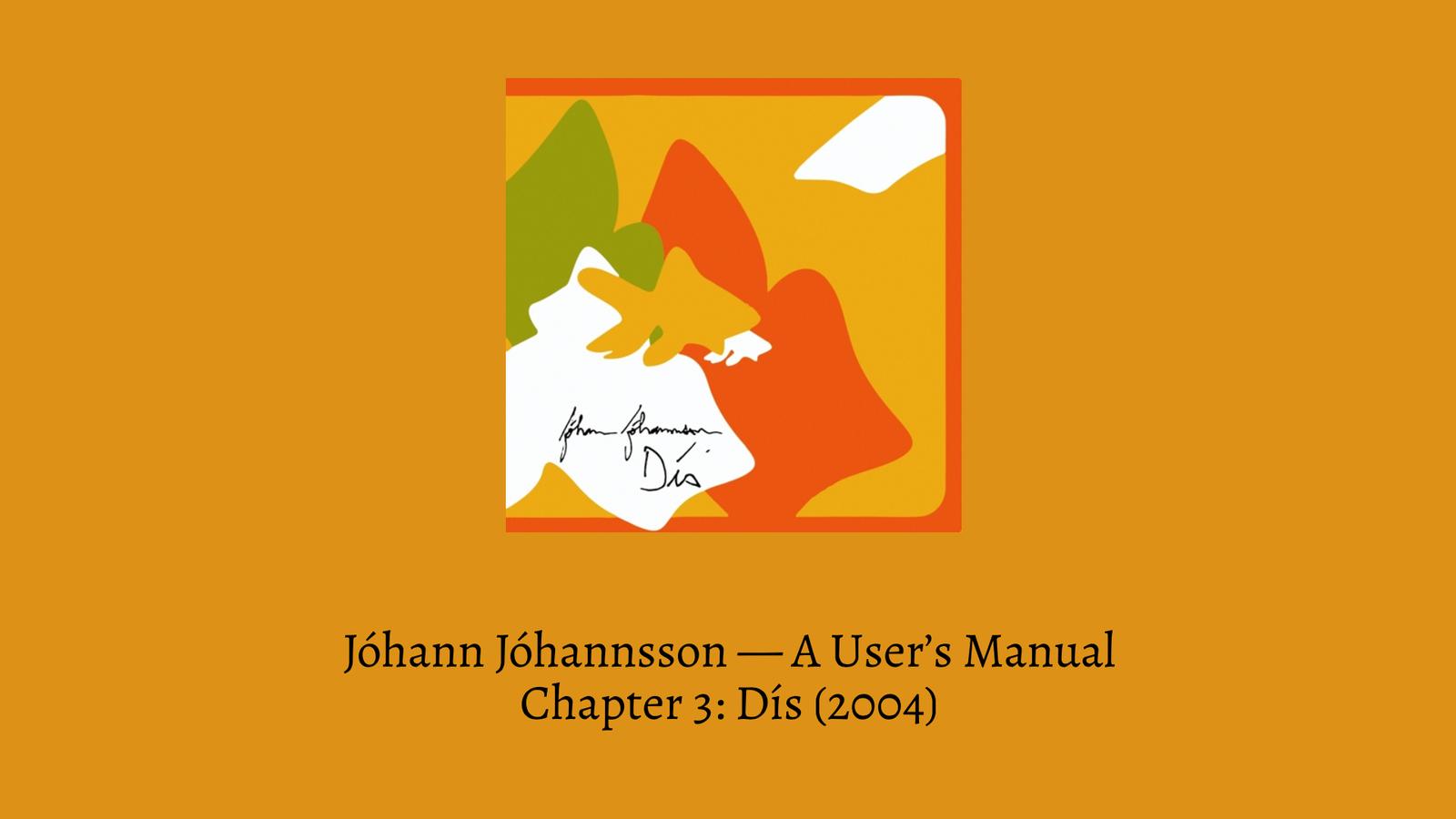
Jóhann Jóhannsson has released well over 20 albums in his career. And who really knows how many sound documents still lie in the drawer that could see the light of day posthumously. Once a month, Kristoffer Cornils and Thaddeus Herrmann review the composer's work - chronologically, album by album. In April, they both tackle "Dís" - the third solo release by Jóhannsson, who died far too early in 2018.
Deutsche Version? Hier klicken.
Many of today's fans will have first encountered Jóhann Jóhannsson's music in film and television. With his soundtracks to "The Theory of Everything," "Sicario" or the ominous sounds of "Arrival," he established himself as one of the most innovative and sought-after soundtrack composers of his time. But everyone starts small, and that also applies to the Icelander. With their discussion of "Dís," Thaddeus Herrmann and Kristoffer Cornils take a closer look at his third album and thus at his beginnings as a film composer.
What they find, however, does not excite them at all. It never has, as they both have to admit. It may be due to the open-ended way of working that characterised Jóhannsson's third album, which was fed by his compositions for a now long-forgotten film based on a novel lost in the annals of literary history. Or was it due to its occasion? Either way, his third album as a solo artist ranks at the bottom of their personal Jóhannsson best lists. There's only one thing to do: close your eyes, open your ears and go for it!
Kristoffer: "Dís" was first released in Iceland in 2004. It is based on Jóhannsson’s second commissioned work and was released as his third album. Like "Englabörn," it began as a soundtrack originally composed for the film of the same name by Silja Hauksdóttir, who also wrote the novel that it was based on. It is about a young woman from Reykjavík who is going through an identity crisis in the threshold year 2000. Unlike everyone around her, she has no idea what she wants to do with her life. She has a summer job in a hotel, maybe wants to go back to university in the autumn. Two love affairs, an intense friendship and an interesting career perspective ensue before she has to endure hard mistfortunes. In the end, however, there are good prospects and a ray of hope.
So much for the plot. I’ve never seen the film, yet I have on my wishlist at MUBI. Not that I'm particularly interested in it per se—on paper, at least, it reads like a light-footed rehash of The Graduate, adapted for a Gen X audience in an Icelandic setting. But because I'm interested in everything to do with Jóhannsson, I would be interested to see and hear how the score was used. The music itself is quite diverse—rock, pop, post-rock, light-hearted electronica, a touch of melancholic jazz even can be heard on this album. And of course, there are a couple of piano-based tracks. Stylistically speaking, however, there are only very few links between these 15 pieces and "Englabörn" and "Virðulegu Forsetar".
The frame of reference for "Dís" can rather be found in the music of Apparat Organ Quartet, the band formed in 1999 by Jóhannsson, Hörður Bragason, Músikvatur and Úlfur Eldjárn. I could never really make anything of their music, and I am not a fan of this album either. What do you think about this record?
Thaddi: Allow me to tell you a secret about "Dís" first. Jóhann offered me the album—or at least parts of it—for my label. I was pretty flabbergasted to get an email from him, I was already a big fan of his music. I listened to the demo and got back to him a couple of days later. My reply? "Thanks, but no." The album just did not speak to me. It still does not today. Going back to it now, however, I can make out certain sounds and elements which are obvious references for his later work. I also enjoy the fact that the record sounds so extremely "lo-fi," really like it was recorded at home. There is a certain kind of intimacy. Between synth presets and partly free-floating performance, some of his qualities already shine through. At the end of the day, though, I still don't know what all this is supposed to mean.
So "Dís," even if it doesn't move us much today, did make some waves internationally. But why?
Kristoffer: Whatever that may be, it unfortunately means very little to me personally. I'll be quite honest: if this album wasn't by Jóhannsson, I would have long since disposed of it on one of the hard drives on which I have stored my music data rubbish. I just don’t like it. I do appreciate the potential, I can detect some elements that are helpful for decoding his later work. Overall however, it’s too nice, almost childishly playful for me. I can understand why you turned it down at the time, although it could have been the start of a stellar career as a label boss. The label it did get released on in the end is interesting, though: 12 Tónar, the then rather young in-house label of the record shop of the same name. It underlines the fact that this record was the product of a certain community. In 2005, it was reissued in the US and again in Japan the following year. So "Dís," even if it doesn't move us much today, did make some waves internationally. But why?
Thaddi: I wonder about that, too. Let’s travel back in time, right into the electronica movement of the mid-2000’s. A certain composer from Iceland had already released two albums to critical acclaim. I’d call them slammers. And then, in 2004, he came up with something like this. That fact alone—at least I could imagine—attracted some attention, just because it revealed a new side of his musical work, especially outside of Iceland—and also his past/early phase in indie bands. As an album, however, "Dís" does not really work. It may be a sort of water-level report: this is what I'm working on, these are my current ideas, a glimpse into the future, so to speak. I'm sure it fits well with the images in the film. However, I’m missing any kind of storytelling. Quite a common problem with soundtrack albums. Jóhannsson, though, got to grips with that very well in later years. On "Dís," nothing really sticks.
Kristoffer: Yes, apart from a few insanely annoying melodies. Working with those was, after all, his core competence. Minimally constructed, maximally catchy. "Jóhannsson never uses five notes for a melody when four will do," Pitchfork’s Mark Richardson wrote very aptly in his review. This is something Jóhannsson—in my opinion—later on perfected with the soundtrack to "The Theory of Everything." Talking about "Dís" however, I’m not won over at all. The album as such is way too heterogeneous. In hindsight, it also sounds extremely dated. The album was not only the product of a certain community, but also of a certain time. To give him the floor himself:
“For the film and album, Dís, I wanted to write a purely electric music, removed from the string and orchestral based music I had been writing recently. I resolved to use only instruments I had in my studio and whatever trashy things my friends would bring to the sessions. I wanted a loose, toy-like feel, I was trying to create a strange sort of melancholy, almost naive bubble-gum pop, seen through a mechanical, motorik prism. Much like I believe the film captures quite well the zeitgeist of early 21st century Reykjavik, I tried to do the same with my music.”
Of course, all this can be heard and felt. This record, however, sounds more like a somewhat toothless remake of the music of the Apparat Organ Quartet in the motorik parts and at the same time very much inspired by múm’s electronic moments—only without the naive charm. The quieter, piano-accentuated pieces don't really help either, I think. Those are drowned under these glistening, overwhelming rock moments, which cannot be described with any other word than embarrassing on "10 Rokkstig," for example. You see that I’m not pulling my punches. Sorry! As a fan, I think my main problem is that I normally appreciate Jóhannsson's work for its certain timelessness, that has always been part of his core competence. "Dís," however, is merely the document of certain circumstances—very Icelandic, very mid-2000’s. I don't like that, even though I find it hard to blame him. After all, it's an interesting move to reposition himself so radically with his third solo album, isn't it?
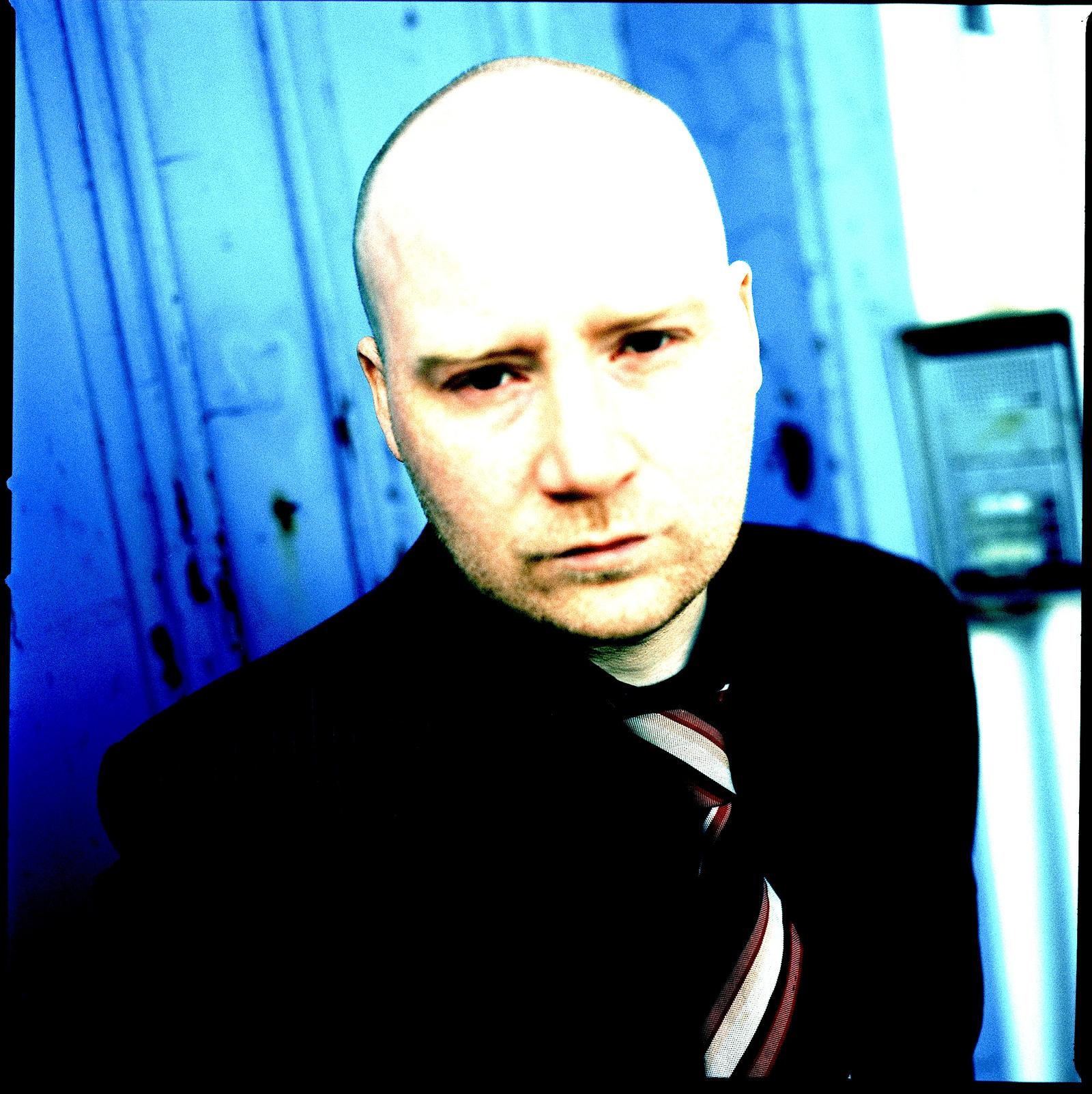
Thaddi: I honestly don't think that this was the intention. Quick question for you: you have been to Iceland before, haven’t you? What was the occasion?
Kristoffer: I went for the Secret Solstice festival in Reykjavík, in 2016. The sun never set, Goldie was DJing for the people queuing to see Radiohead and I didn't have the cash on me to buy a pint of beer at € 9 a can. I paid 12 Tónar a visit, though, and walked up and down the coast. Why do you ask?
Beautiful moments, yet all of them fleeting.
Thaddi: I went a couple of years prior to attend the Airwaves festival. At least I had my credit card with me and just bought the canned beer. What I'm getting at is this: I swept through so many basement clubs and high-culture lounges back then that I realised: in Iceland, everyone plays with everyone, no matter what the result. To a degree, "Dís" represents this situation to me. This track’s for you and you buddy, you get this one. We all know each other, we love each other, we work together, you don't have a lot of money, so sure thing I’m gonna produce the soundtrack for your film at home, no prob. That doesn't make the record better as an album, but maybe it explains the motivation behind it. Honestly, that's all I have to say about this album. Beautiful moments, but all of them fleeting. And the older I get, the less concentrated I become. So I can't capture these moments so easily anymore, appreciate and like them.
Kristoffer: This describes both the approach of the album as I understand it and my problem with it very pointedly. Many of Jóhannsson's companions at the time were involved producing "Dís," including Hilmar Jensson from the Kitchen Motors collective, which Jóhannsson co-founded, and the singer Ragnheidur Gröndal, who can be heard on the title track. Too many cooks spoiling the broth? Maybe. Theoretically speaking, I find such a collaborative and open approach very exciting and even recommendable. After all, we're also celebrating a bit of a genius cult with this series, although generally speaking, both of us could not be further away from this approach. This is a bit of a dilemma. To unhinge such a situation is always productive, yet unlike Jóhannsson's other collaborative projects—I'm thinking of his work with Hildur Guðnadóttir and Robert A.A. Lowe alias Lichens—it doesn't seem to work on "Dís." The common musical language is only present on a song-by-song basis—never throughout the album as a whole. Everything seems quite spontaneous, provisional at times. It almost seems as if he was itching to do things the way he did at the age of 15, when he first played in bands. This is both understandable and adorable. Unfortunately, it rarely results in anything substantial. I'm not sure if this is really everything there is to be said about this album, but maybe it is. There are some nice tracks on "Dís," no question about it. However, it remains probably my least favourite Jóhannsson album.
Thaddi: I guess, it is perfectly okay to put certain records in the "you had to be there" drawer and then not necessarily think about them anymore. Let's take the album exactly as you described it: a more or less spontaneous reaction to a challenge—a film—without much fuss. Also, let’s just leave out what might or might not be revealed in the process. These days, I listen to the record as a kind of postcard collection. Someone is on holiday and sends messages every now and again. Sometimes it rains, another time, there's nothing to report, and then the sun shines again. Then the world is somehow okay. That in itself is worth a lot. I notice that I'm sometimes more satisfied with short sketches, improvisations—that's all the tracks here are, if we're honest and stay honest—than with grandiloquently formulated drafts. "Dís" has a few of them. That’s something.
Kristoffer: Yes, listening now I for example I stumbled upon "Flugeldar." Jóhannsson’s skills already present on "Englabörn" are effectively at work here. If only it hadn't been shoved in between those upbeat synth-pop-post-rock numbers! But anyway, I'll just try to end on a similarly positive or at least gentle note: I think "Dís" speaks mostly for Jóhannsson as a person. If you got a "Best New Music" stamp from Pitchfork for your one-hour drone composition, it would theoretically only be logical to follow it up with something similar. Theoretically. He didn't do that and instead went back to his roots, simply jammed with a few friends. That's pretty stupid from a marketing and career point of view, which means it's a great thing to have done.
*Thaddi: And ... jamming with friends is always* better than getting validated by Pitchfork. But we'll certainly talk about the allegedly dominant leading media another time.
